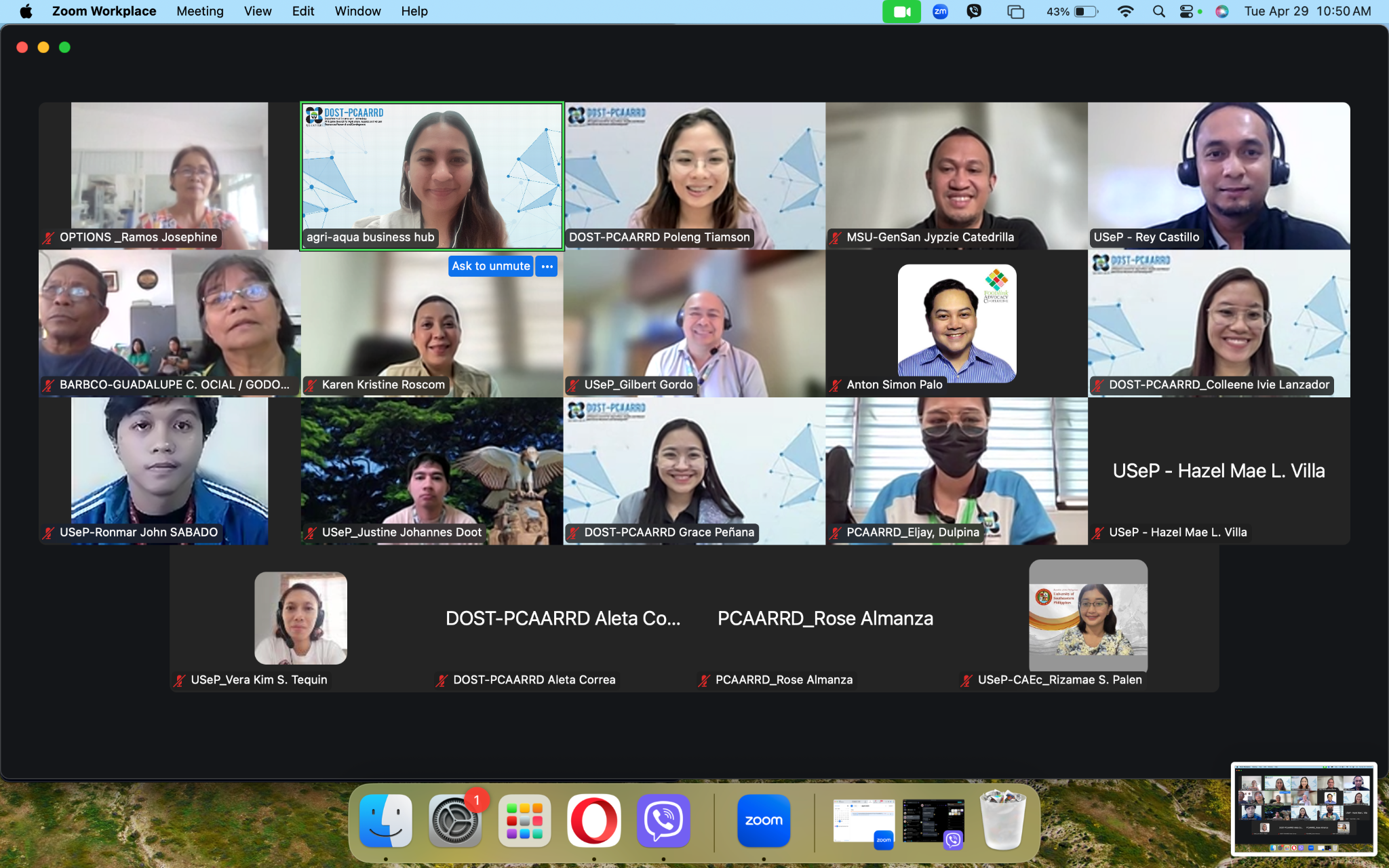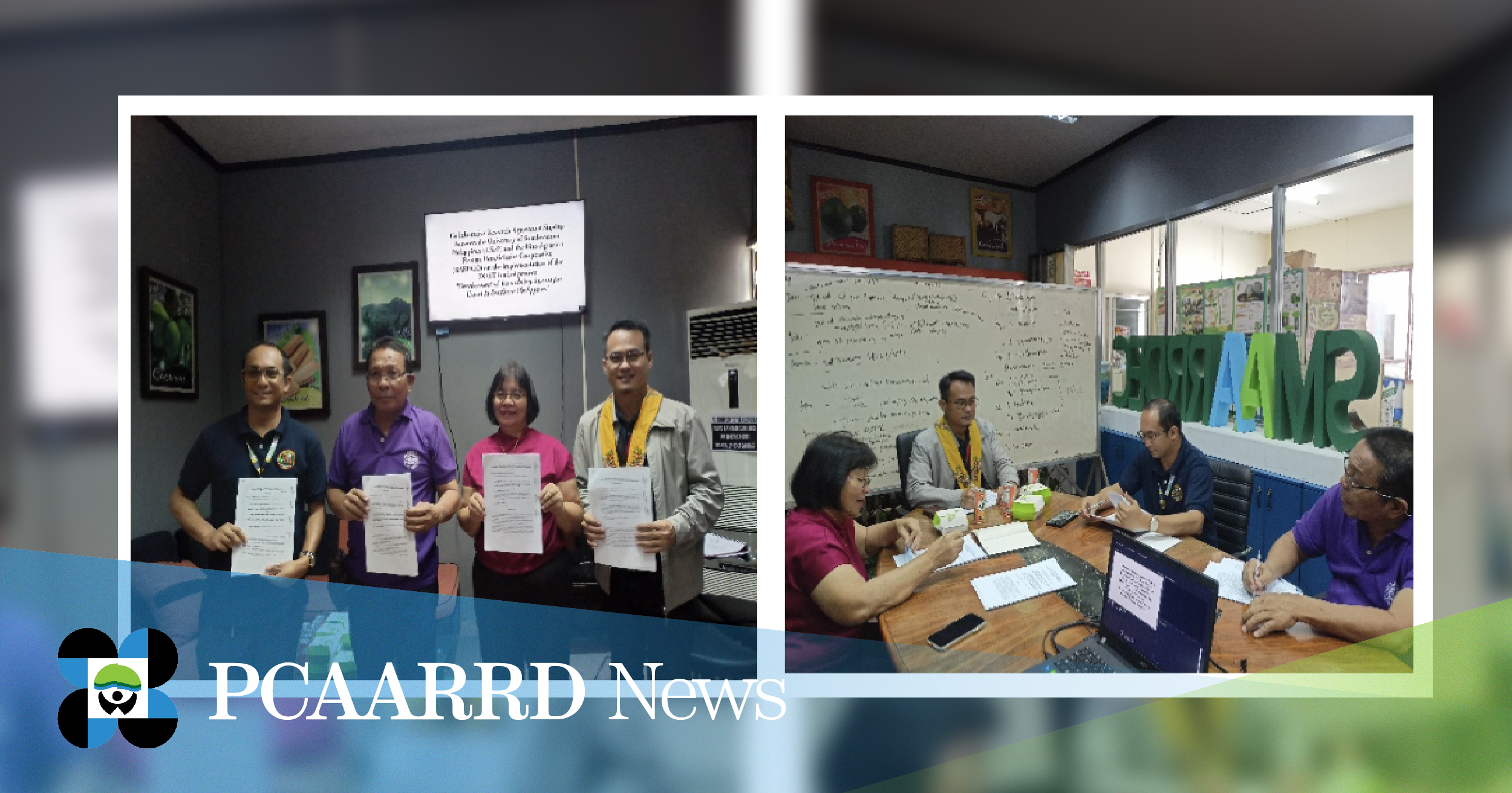The Philippines is well-positioned to become a key player in the global cacao market, owing to its suitable growing conditions and increasing international demand. However, the sector continues to face inconsistent bean quality, weak coordination among supply chain actors, and limited capacity to meet international standards on food safety and traceability. These barriers restrict the sector’s overall efficiency and access to high-value export markets.
As global markets increasingly demand transparency and assurance in food systems, traceability has emerged as a key requirement and provenance, which is the verified origin and handling of a product, a key market requirement. For the Philippines to strengthen the market position of its exportable commodities, the development of digital traceability systems is crucial.
To support this strategic direction, the Philippine Council for Agriculture, Aquatic and Natural Resources Research and Development of the Department of Science and Technology (DOST-PCAARRD) funded the project, “Development of Traceability System for Cacao in Southern Philippines,” implemented by the University of Southeastern Philippines (USeP) under the leadership of Associate Professor Rey A. Castillo. The initiative builds on the findings of the earlier study, “Supply Chain Management: Cacao Agro-Logistics in the Southern Philippine Context,” which mapped and analyzed the cacao value chain in Southern Philippines.
Implemented from March 16, 2023 to May 15, 2025, the project developed a transparent and reliable traceability system for cacao that aligns with both domestic needs and international market requirements. Using distributed ledger technology (DLT), the team created a digital traceability model that captures key data elements (KDEs) and critical tracking events (CTEs) necessary to verify the movement and quality of cacao beans throughout the supply chain.
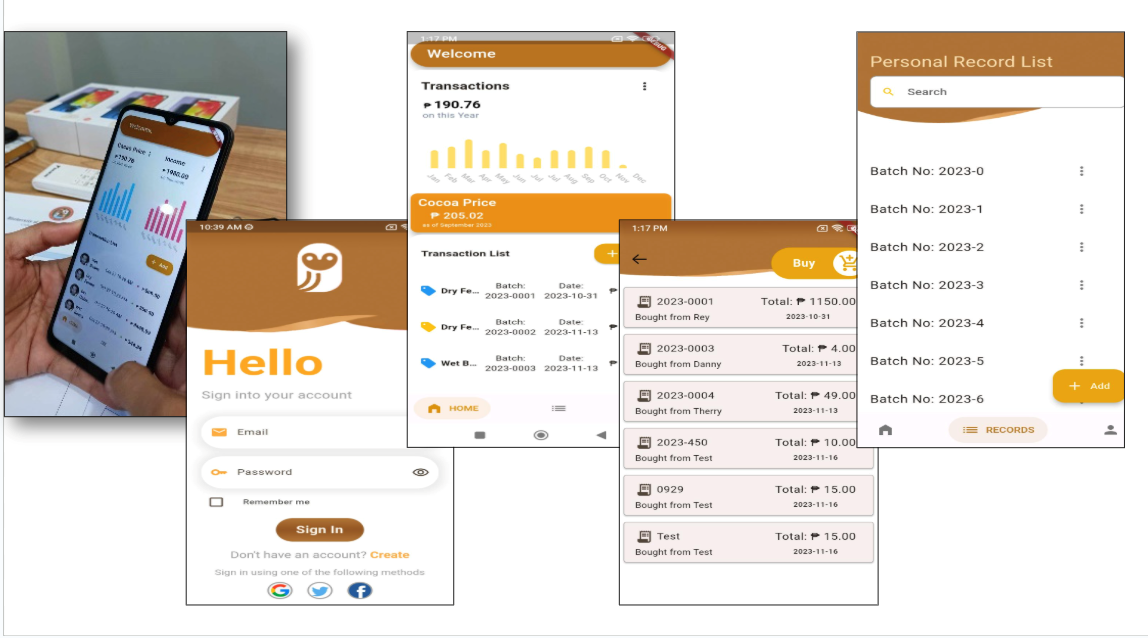
The Traco mobile app prototype for farmer view lists and data collection. (Image source: Cacao Traceability Project Team)
A major output of the project is the Traco mobile application (app) that helps cacao producers and traders manage transactions, monitor prices, and maintain accurate digital records. The app features a user-friendly interface and integrated functions, including announcement boards, weight-tracking graphs, and blockchain-backed data storage. To operationalize the system, a total of 102 farmers and consolidators were trained in using Traco, with a focus on proper record-keeping practices during cacao harvesting and trading activities.
A key component of the project’s implementation was the strategic partnership with the Biao Agrarian Reform Beneficiaries Cooperative (BARBCO), the country’s second-largest exporter of cacao beans by volume. To formalize the partnership, USeP and BARBCO established a Collaborative Research Agreement, outlining shared commitments to capacity building, technology transfer, and advancement of innovation within the cacao value chain of the developed traceability system. Under its terms, both parties retain equal ownership of the research outputs, while BARBCO is granted exclusive commercialization rights for three years following project completion.
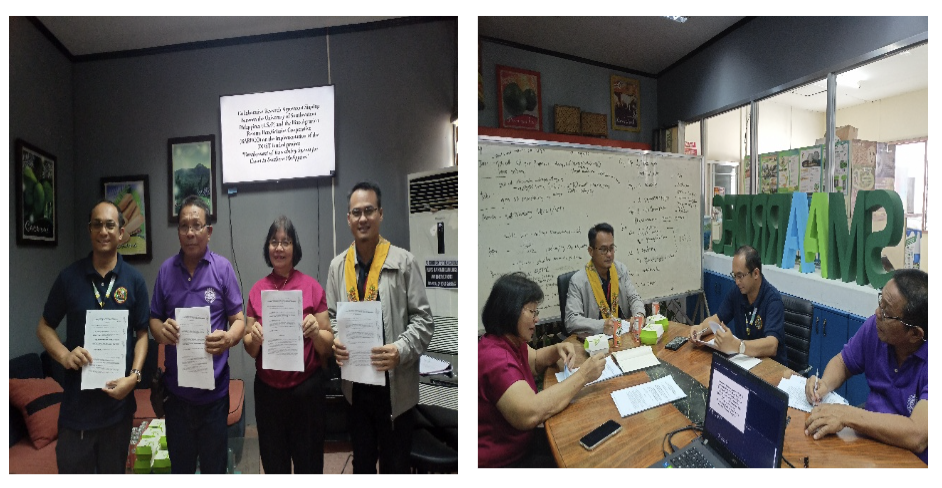
The USeP project team and BARBCO members during the signing of the Collaborative Research Agreement. (Image source: Cacao Traceability Project Team)
BARBCO members expressed their gratitude to USeP for the partnership and to DOST-PCAARRD for the support and funding that made the project possible. According to Ms. Melanie Robles, BARBCO Administrative Officer, the system enabled faster and more organized recording of farmer data, facilitating compliance with requests from government agencies and improving overall transparency.
“Nung dumating na yung traceability, mas napadali sa’min yung pag track nung mga record ng mga farmers kasi minsan pag nanghihingi sa’min ang Department of Agriculture ng list of farmers na member o non-member ng cooperative, matagal bago maka-provide. Ngayon, through the traceability app dahil na-extract ang list kaya mas napadali sa’min [When traceability was provided to us, it became easier for us to track the farmers’ records. This was especially useful at times when the Department of Agriculture required us to provide lists of farmers who are members or non-members of the cooperative. Before we used traceability, it took us a long time to generate the lists but now, it became easier for us],” shared Ms. Robles.
These milestones were highlighted during the project’s terminal review on April 29, 2025, organized by the DOST-PCAARRD’s Socio-Economics Research Division (SERD) under the overall supervision of the Division Director Dr. Ernesto O. Brown. The review brought together representatives from PCAARRD technical divisions and consultants, including Mr. Anton Palo of Foodlink Advocacy Cooperative, Dr. Karen Roscom of the Bureau of Agriculture and Fisheries Standards (BAFS), and Ms. Josephine Ramos of OPTIONS Inc.
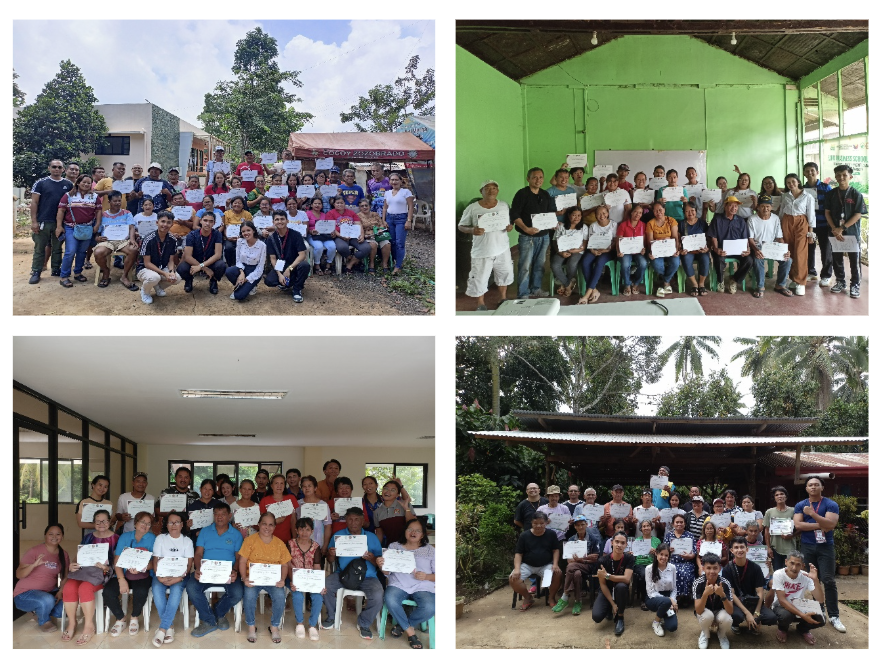
The USeP project team together with the farmers and consolidators during the training on the use of Traco app. (Image source: Cacao Traceability Project Team)
The project significantly improved the cacao supply chain operations by introducing the Traco mobile app, a blockchain-backed tool that empowers farmers and traders through digital record-keeping, price tracking, and quality monitoring. This innovation improves transparency, streamlines operations, and aligns the industry with global standards, strengthening the Philippines’ position in high-value export markets. This initiative supports DOST-PCAARRD’s commitment to advancing science and technology solutions for the agriculture, aquatic, and natural resources sector.
